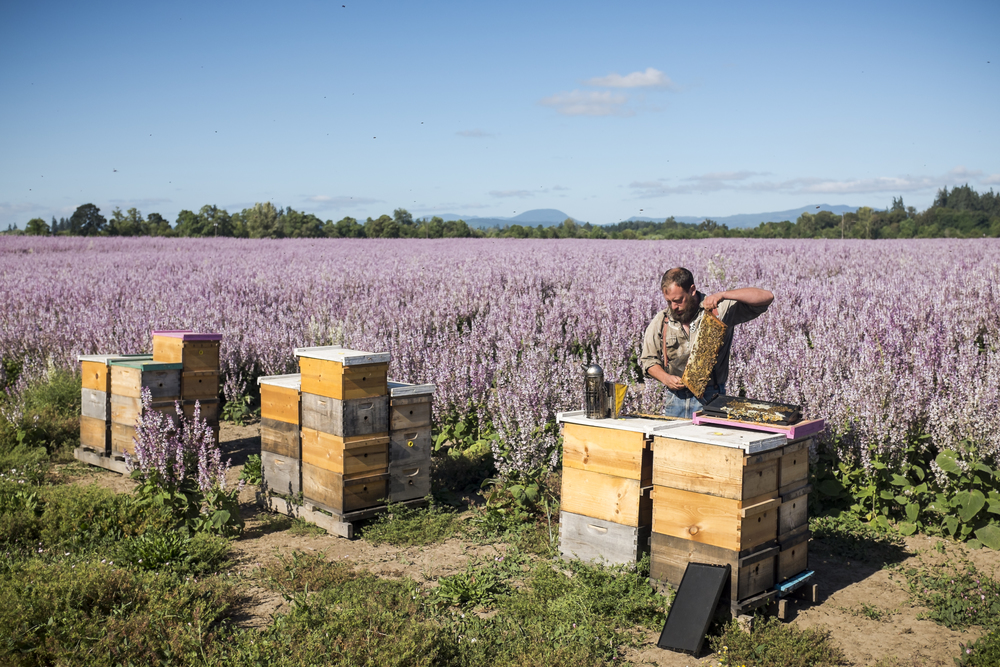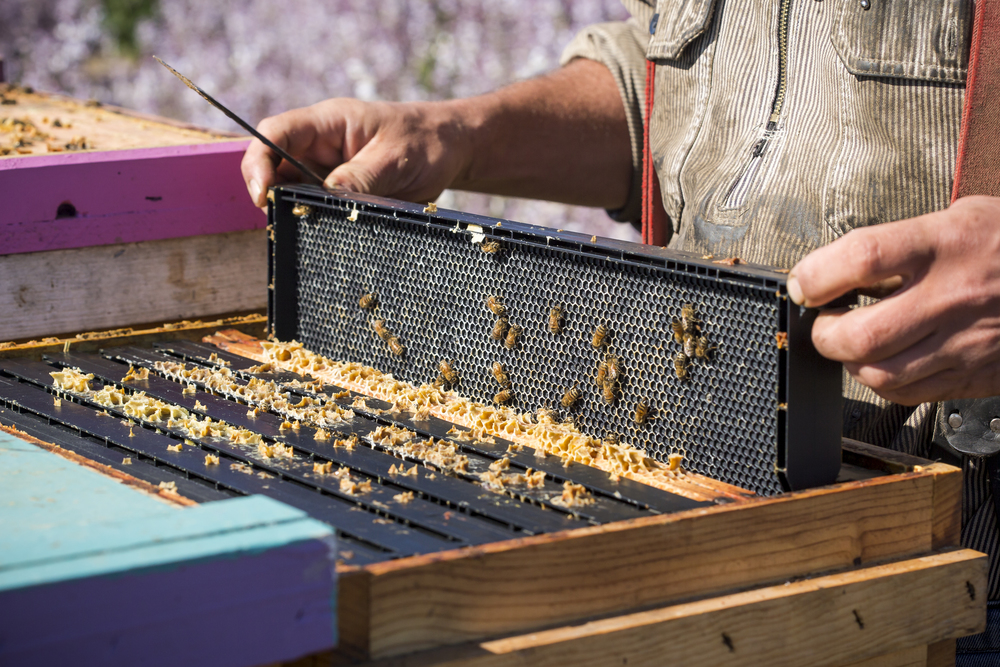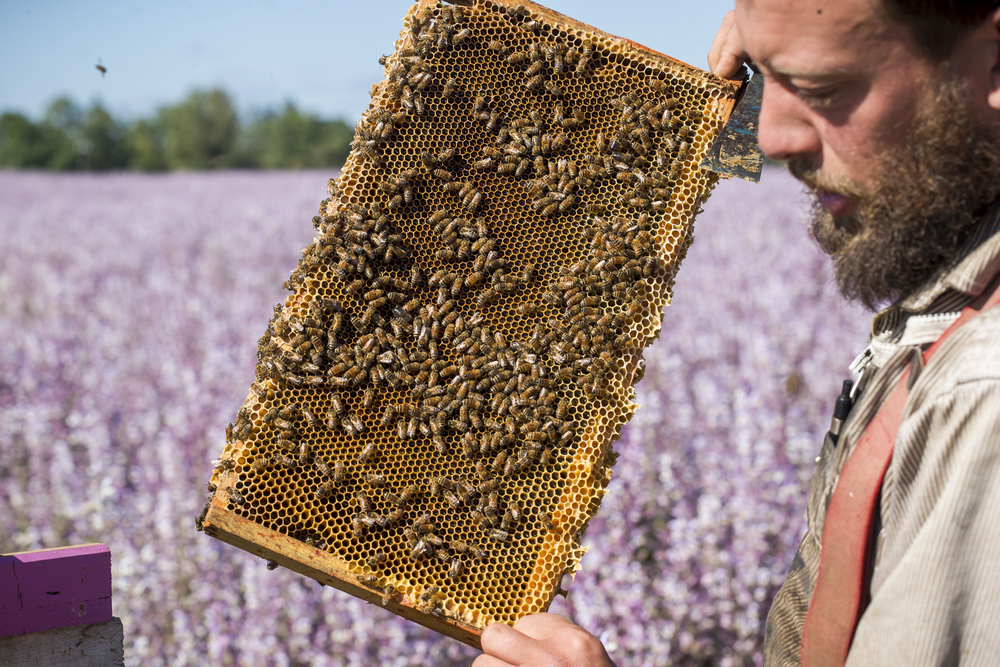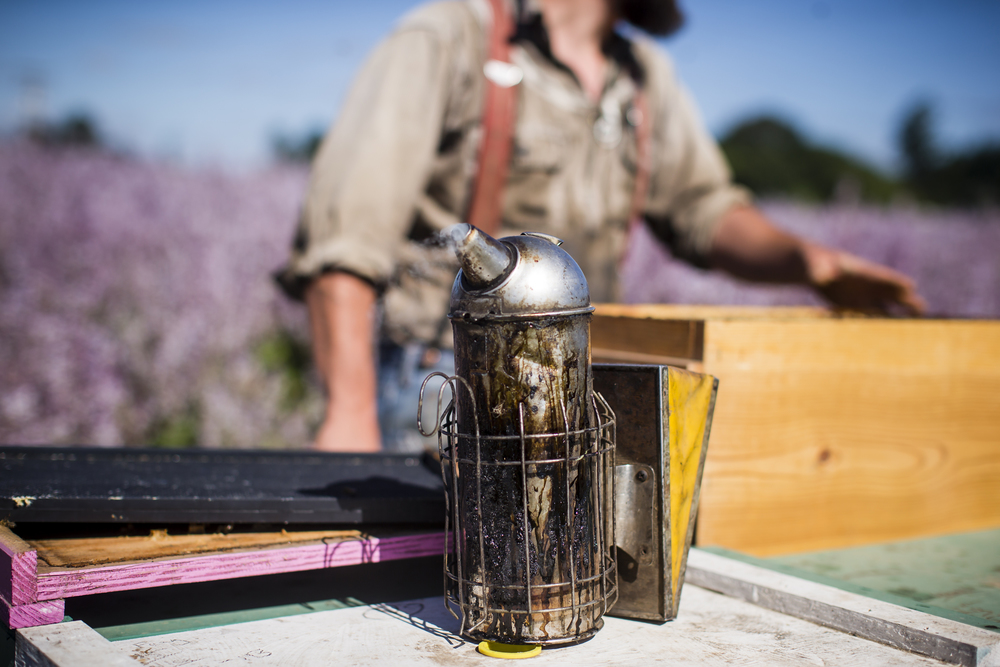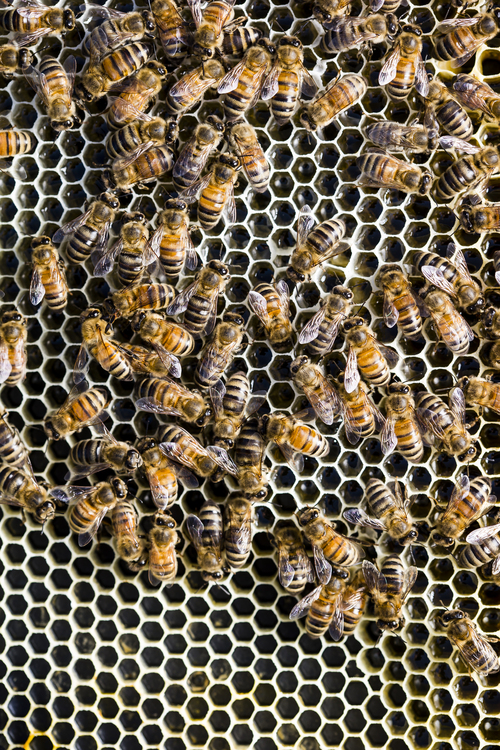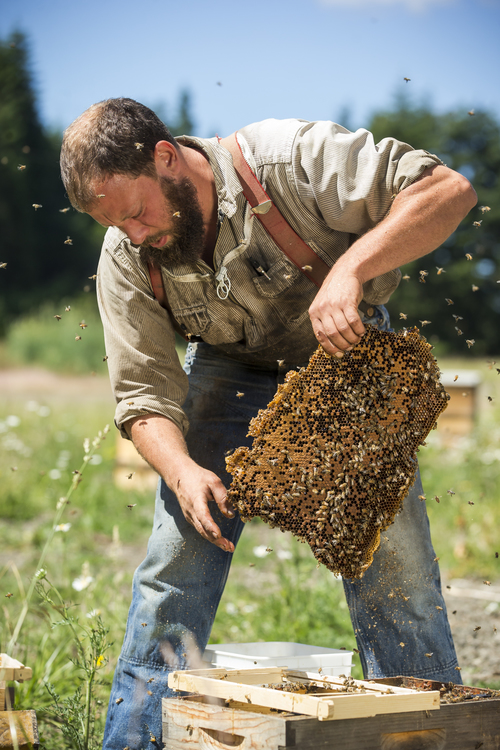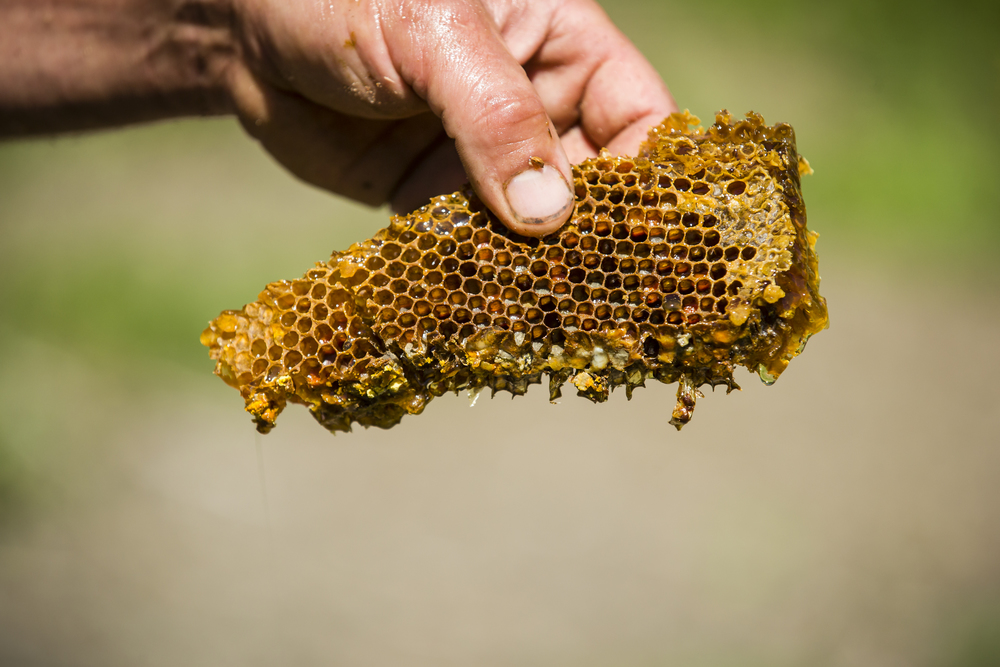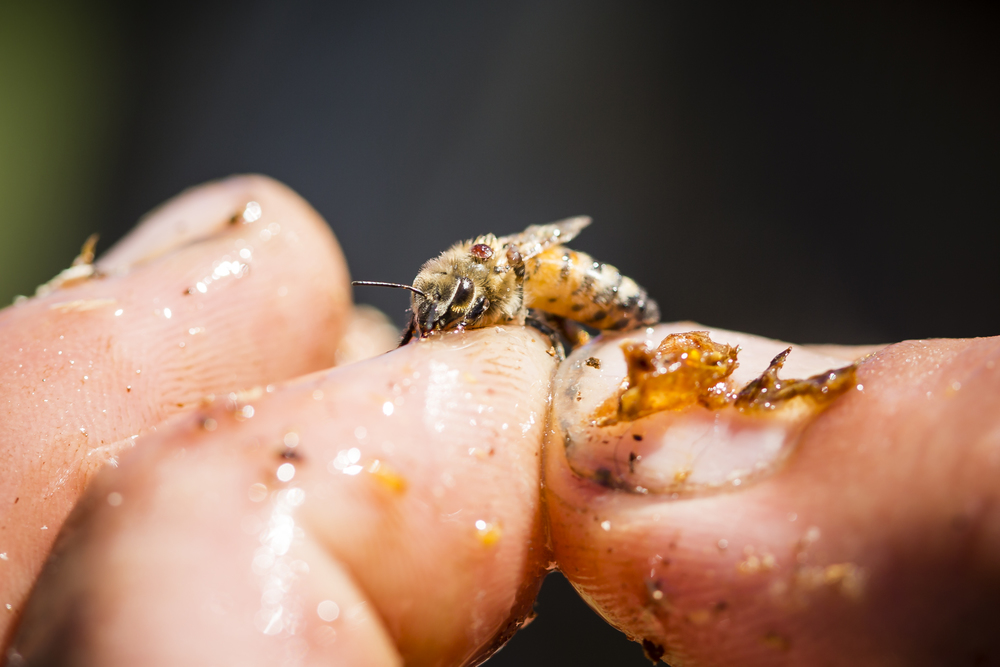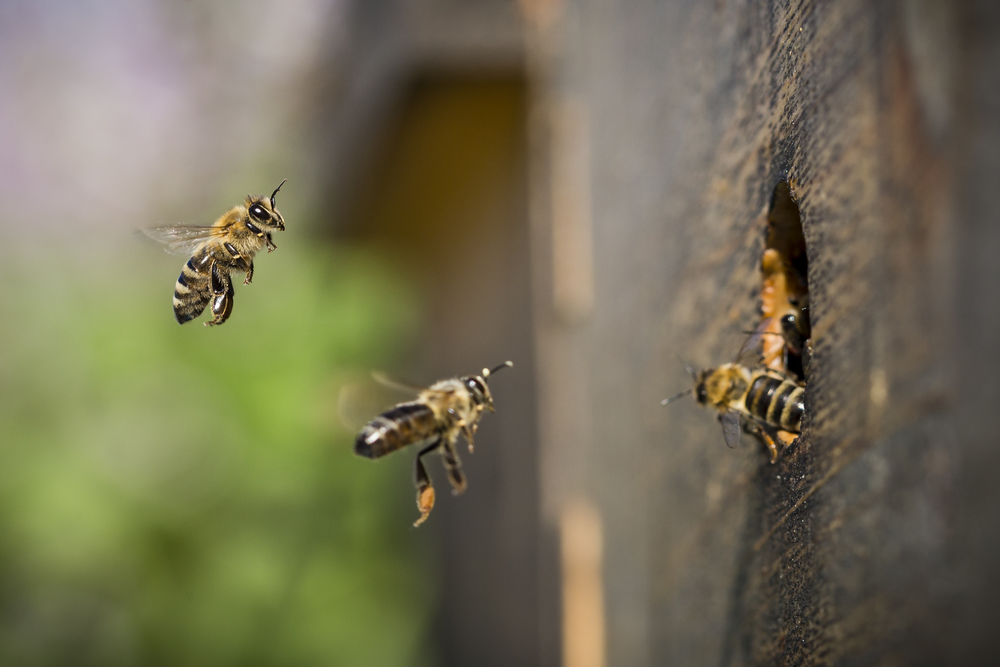Had the absolute pleasure to spend the day with badass Beekeeper Henry Storch in Corvallis, OR for the Washington Post. The scary part of this story is that new research shows bees continue to die at unacceptable rates. And their range is shrinking as they fail to migrate northward during warmer weather, suggesting things could get worse as global warming progresses. Over the past decade, billions of bees have been lost to colony collapse disorder, an umbrella term for factors thought to be killing honeybees in droves and threatening the nation’s food supply. Amid the die-off, beekeepers have begun to use creative measures to save both their bees and their livelihoods.
And here is where Henry comes in. Using animal husbandry, or what he calls “cowboy science,” he raises his own queens and works to accelerate natural selection to increase honey production and disease resistance. Storch’s mountain-bred “survivor” bees are like open-range cows: tough, and hardened. These new bees are a result of crossbreeding feral colonies with his own personal stock. While we were there, Henry retrieved a colony from a dead tree, not even blinking when he got stung. I was not so lucky, ending up swollen for a week afterward.
The good news is these efforts may finally be paying off. New data from the Agriculture Department show the number of managed honeybee colonies is on the rise, climbing to 2.7 million nationally in 2014, the highest in 20 years. Earlier this year, Storch separated five breeder queens from his survivor colonies and gave them to beekeepers in California. He hopes the bees, bred deep in Oregon’s thickly forested bear country, might be a first step toward saving bees around the world.
Want to see more of Henry and his bees? Check out the Washington Post image gallery here.

